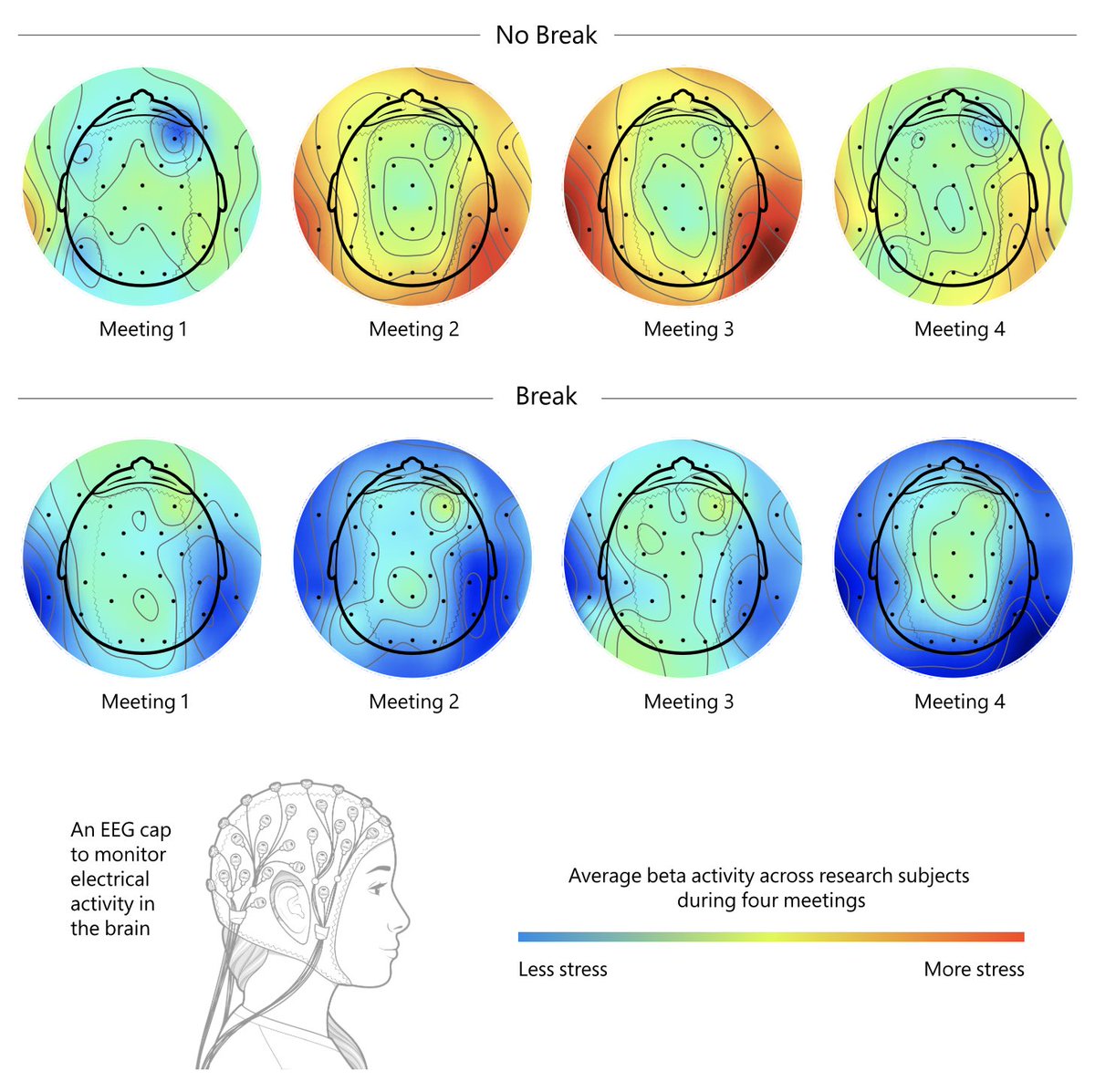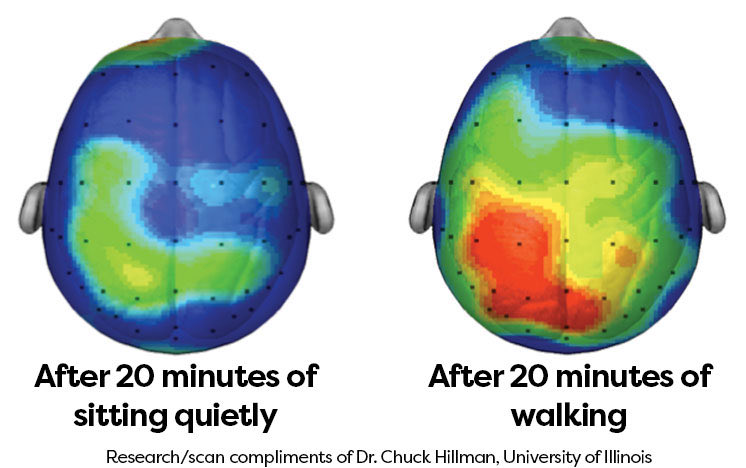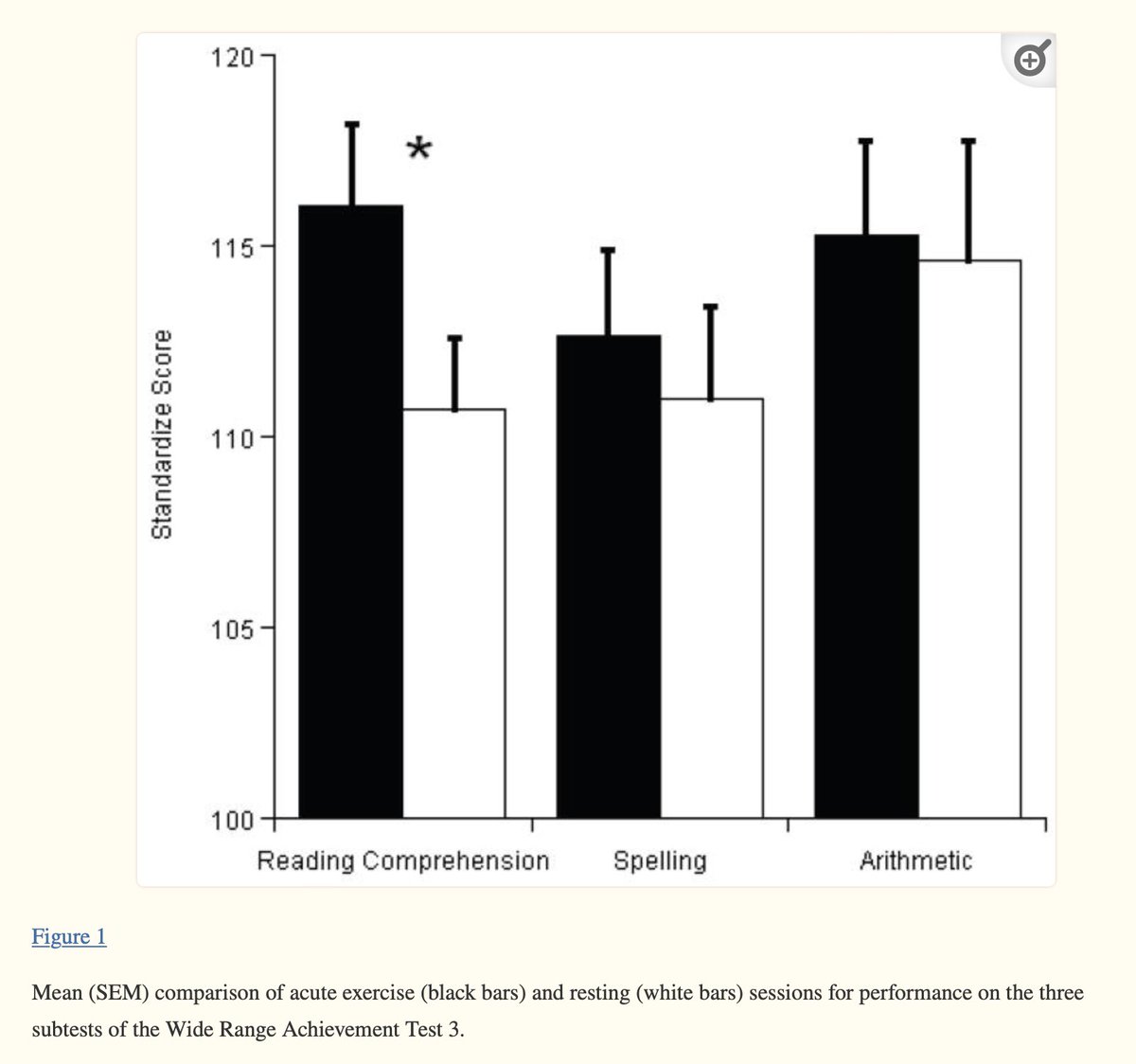
The vagus nerve is the hidden key to unlock overall wellness.
Here's what everyone needs to know:
Here's what everyone needs to know:
The vagus nerve is the longest and most complex of the 12 cranial nerves.
These cranial nerves start in the brain and fan out all across the body, transmitting important information and controlling important bodily functions.
The vagus nerve is Cranial Nerve X (CN X for short).
These cranial nerves start in the brain and fan out all across the body, transmitting important information and controlling important bodily functions.
The vagus nerve is Cranial Nerve X (CN X for short).

The vagus nerve is responsible for a long list of functions:
• Sensory: Throat, heart, lungs, abdomen.
• Special Sensory: Taste sensations.
• Motor: Swallowing and speech movement.
I'm going to focus on the 4th key function:
The parasympathetic nervous system.
• Sensory: Throat, heart, lungs, abdomen.
• Special Sensory: Taste sensations.
• Motor: Swallowing and speech movement.
I'm going to focus on the 4th key function:
The parasympathetic nervous system.
The vagus nerve is the main component of the parasympathetic nervous system.
The parasympathetic nervous system is responsible for rest-and-digest activities.
The sympathetic nervous system is responsible for the fight-or-flight activities.
Our bodies need to balance the two.
The parasympathetic nervous system is responsible for rest-and-digest activities.
The sympathetic nervous system is responsible for the fight-or-flight activities.
Our bodies need to balance the two.
The vagus nerve is essential to promoting that balance.
If your vagus nerve isn't functioning well, it can make it difficult to unwind and recover from bouts of intense stress.
You basically get stuck in fight-or-flight mode and can never turn off.
This is a BAD thing.
If your vagus nerve isn't functioning well, it can make it difficult to unwind and recover from bouts of intense stress.
You basically get stuck in fight-or-flight mode and can never turn off.
This is a BAD thing.
There are a handful of science-backed ways to stimulate the vagus nerve and promote it's optimal functioning:
• Cold exposure
• Breathing exercises
• Humming, chanting, singing
Covering each of these:
• Cold exposure
• Breathing exercises
• Humming, chanting, singing
Covering each of these:
Cold Exposure
You can trigger the vagus nerve via cold exposure.
In a cold tub/shower, immerse the collar bone area in the cold water for 15+ seconds.
You can also use a cold compress or ice by simply holding it over the collar bone area.
You will feel an immediate calm.
You can trigger the vagus nerve via cold exposure.
In a cold tub/shower, immerse the collar bone area in the cold water for 15+ seconds.
You can also use a cold compress or ice by simply holding it over the collar bone area.
You will feel an immediate calm.
Breathing Exercises
Deep belly breathing turns on the parasympathetic nervous system.
Breathe in through your nose to fill your belly with air and out through your mouth.
Try the 4-7-8 method:
• In for 4s
• Hold for 7s
• Out for 8s
A quick way to achieve a state of calm.
Deep belly breathing turns on the parasympathetic nervous system.
Breathe in through your nose to fill your belly with air and out through your mouth.
Try the 4-7-8 method:
• In for 4s
• Hold for 7s
• Out for 8s
A quick way to achieve a state of calm.
Humming, Chanting, Singing
The acts of humming, chanting, and singing all create vibrations that have been shown to stimulate the vagus nerve and trigger a state of relaxation and well-being.
These acts were mainstays of ancient cultures for a reason!
The acts of humming, chanting, and singing all create vibrations that have been shown to stimulate the vagus nerve and trigger a state of relaxation and well-being.
These acts were mainstays of ancient cultures for a reason!
You can use these methods regularly to promote improved "vagal tone"—the level of functioning of the vagus nerve.
They also work as a short-term interventions when you feel stress building up.
Next time you feel overwhelmed, try one of them and watch the calm come over you.
They also work as a short-term interventions when you feel stress building up.
Next time you feel overwhelmed, try one of them and watch the calm come over you.
The functioning of your vagus nerve is critical to your well-being. When your sympathetic and parasympathetic systems work together—you win.
Follow me @SahilBloom for more writing on interesting topics. Join 150K others on my weekly newsletter here. sahilbloom.com/newsletter
Follow me @SahilBloom for more writing on interesting topics. Join 150K others on my weekly newsletter here. sahilbloom.com/newsletter
A few resources for anyone who wants to go deeper down the rabbit hole:
elemental.medium.com/science-confir…
medicalnewstoday.com/articles/31812…
physio-pedia.com/Vagus_Nerve
elemental.medium.com/science-confir…
medicalnewstoday.com/articles/31812…
physio-pedia.com/Vagus_Nerve
Hopefully it goes without saying, but always consult your physician before taking on any medical interventions.
Start mild with any cold exposure, as everyone will react to it differently!
Start mild with any cold exposure, as everyone will react to it differently!
Here’s an example of cold exposure for the vagus nerve in action.
5 minutes at 39 degrees every single morning has worked wonders for my overall well-being.
5 minutes at 39 degrees every single morning has worked wonders for my overall well-being.
Other practices shown to have a positive impact on the functioning of the vagus nerve and parasympathetic nervous system:
• Massage
• Supplementation (pre/probiotics, Omega 3s)
• Laughing
• Exercise
All great for you.
• Massage
• Supplementation (pre/probiotics, Omega 3s)
• Laughing
• Exercise
All great for you.
Have gotten a lot of questions on the cold exposure and experience/results with contrasting it with sauna.
Just bought a sauna to put next to it. Arrives soon.
Will share data and results once I have something to share.
Just bought a sauna to put next to it. Arrives soon.
Will share data and results once I have something to share.
• • •
Missing some Tweet in this thread? You can try to
force a refresh










